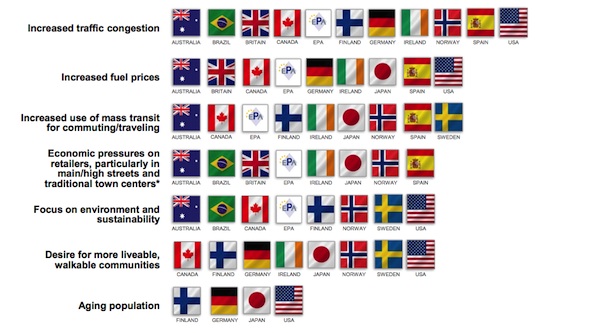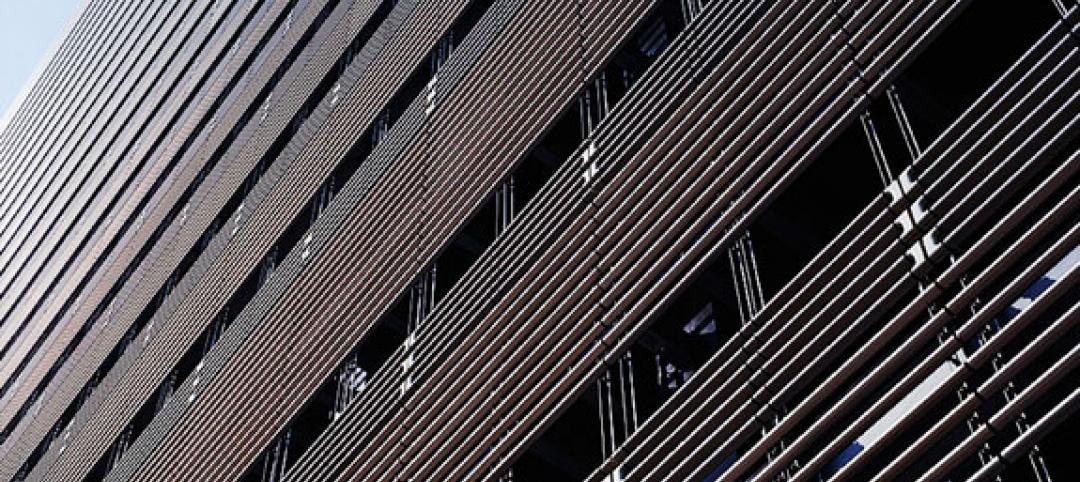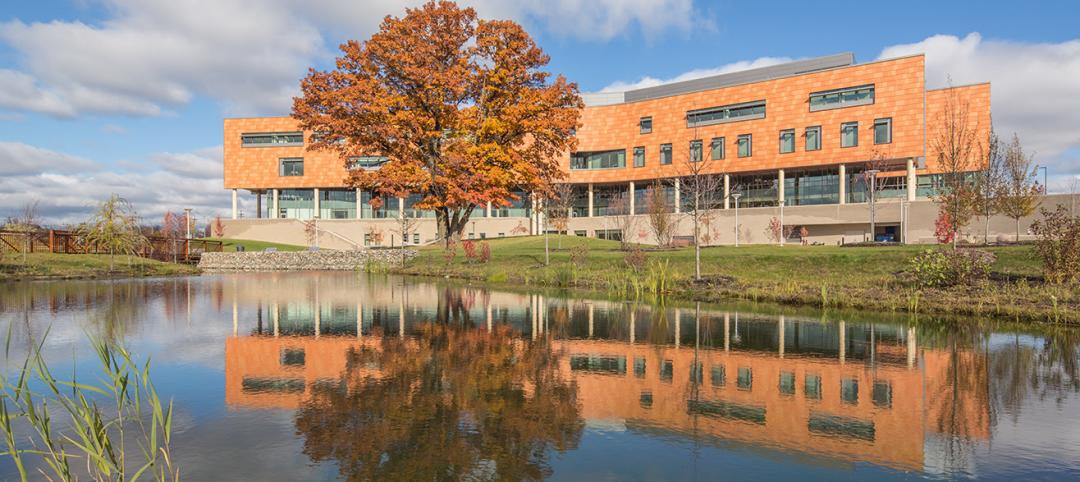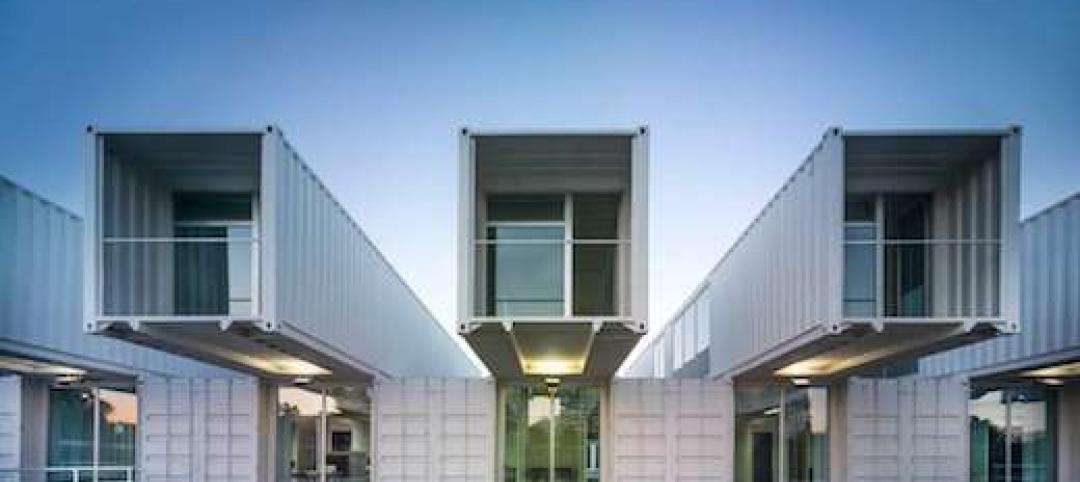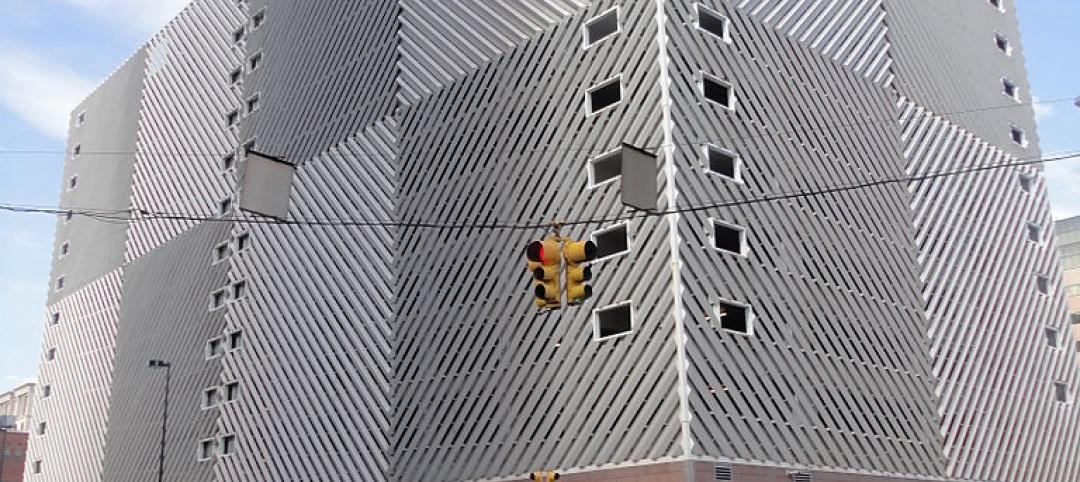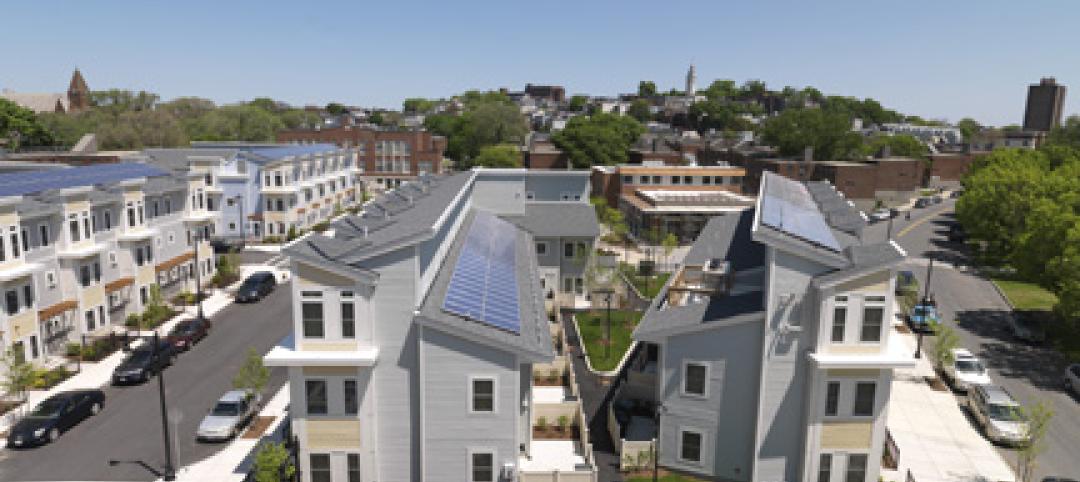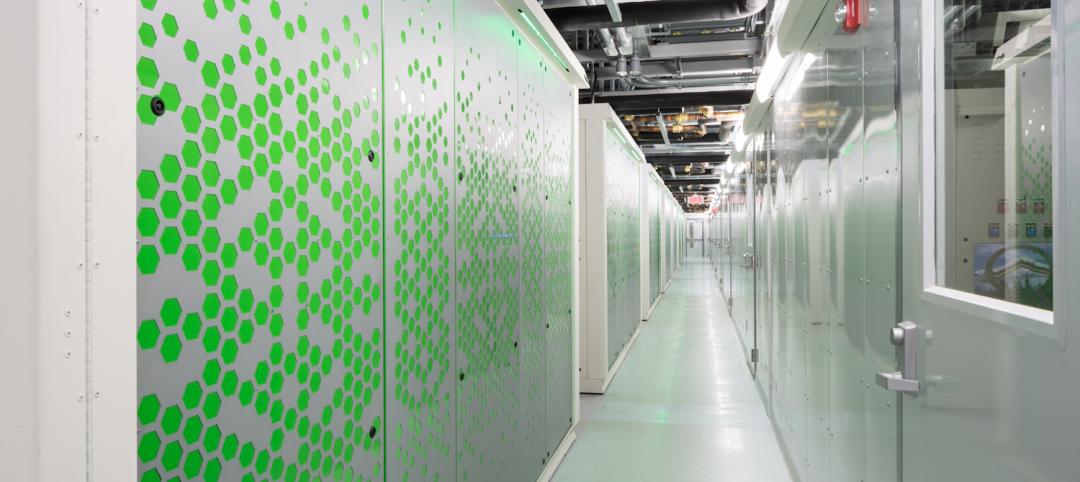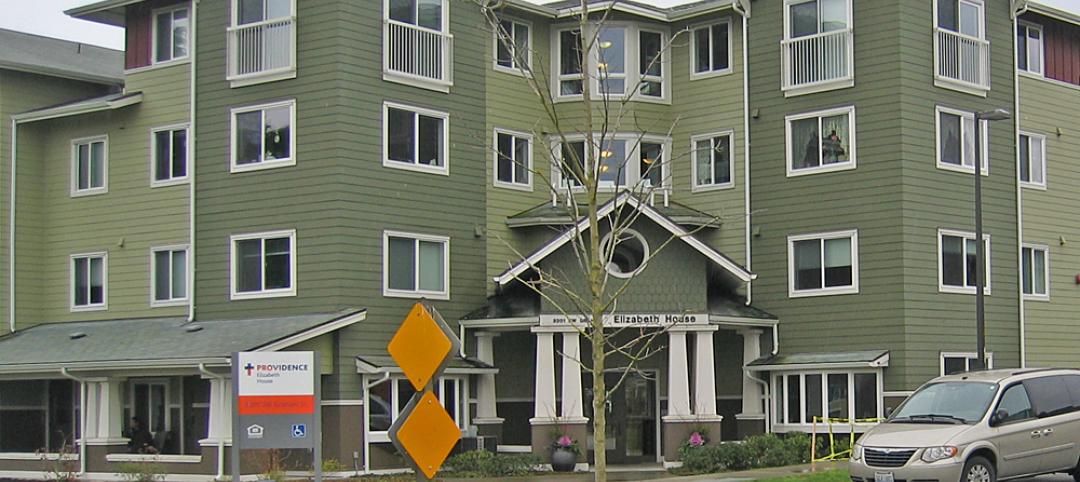(Dublin, Ireland) -- Do parking challenges and solutions differ significantly around the globe? Are Japan's parking priorities the same as those in Great Britain or Brazil? To answer these and other questions and begin to build a knowledge base that can benefit all countries, the Global Parking Association Leaders (GPALs) Summit, a group comprised of parking associations around the world, recently surveyed parking professionals from 21 countries. The results, shared last week at the European Parking Association (EPA) Congress in Dublin, Ireland, revealed some universal similarities along with a few interesting country-specific differences.
Technology is Revolutionizing Parking
Within the past few years, technology has transformed the parking industry in many countries, making it easier for parking professionals to meet the demands of drivers who want to access, exit, find, and pay for parking. The majority of parking facility owners, operators, and managers polled listed the move toward innovative technology as the leading industry trend. Cited were GPS and mobile phone technology, electronic payment, sensor space-monitoring systems, and a shift toward accommodating electric vehicles.
What Cities Are Seen as Having the Most Progressive Parking?
Asked to name up to three cities within or outside of their own countries they would consider trendsetting or progressive in terms of their approach to parking, survey respondents most often cited London (named by nine countries), San Francisco (seven countries), Amsterdam and Paris (five countries each), and Barcelona, Seattle, and Tokyo (four countries). U.S. respondents also identified New York, Los Angeles, and Washington, D.C. as being progressive about parking.
Sustainability an Industry Focus
Along with technological improvements, the parking industry has been revolutionized by a heightened environmental awareness, with parking professionals assuming active roles in fostering sustainability in their communities. Sustainability proves to be a broadly-shared global concern, with most respondents saying the greatest environment benefit comes from on- and off-street guidance systems that enable drivers to find parking faster, reducing carbon emissions. Coming in a close second is energy-efficient lighting, seen as one of the top three priorities for a majority of countries, particularly Germany (85 percent) and Brazil (72 percent). The third leading trend of encouraging alternative travel through bike storage, car and bike share, and access to mass transit, is clearly seen as a priority in Norway (70 percent), followed by Britain, Australia, Ireland, Brazil, and the U.S.
"This is the first time parking associations around the world have collaborated to identify industry trends, and it is clear that we share many of the same challenges and opportunities," says Shawn Conrad, CAE, executive director of the U.S.-based International Parking Institute (IPI), the world's largest parking association. "Despite our many common issues, we see some interesting differences in countries' priorities and circumstances, and I believe we will be able to learn much from each other."
While decision-makers' attitudes toward parking appear to be positively shifting around the world, most respondents feel that more collaboration is needed, particularly between parking professionals, urban planners, and local government officials. This was most strongly voiced in the Scandinavian countries, but at least half of those polled in Australia, Britain, and Canada agreed. In the U.S., urban planners, architects, and local government officials emerged as the three groups most in need of parking education.
According to Conrad, the survey results point to the need to tap parking expertise earlier in the urban planning process to avoid later issues with economic development, transportation flow, congestion, and design.
Societal Factors: Can Smart Parking Solutions Ease Traffic Congestion?
Most of the countries surveyed listed traffic congestion as having a significant societal influence on parking. (Australia, Canada, and the U.S. viewed traffic congestion as the leading influence, followed by Brazil, Britain and Germany). One-third of those surveyed believe that parking's greatest future challenge will be dealing with this scarcity of space and resources and rising mobility costs in urban areas.
Other societal influences on parking varied by region. They included economic pressures on retailers (listed first by Brazil, Britain, Ireland, and Spain), increased fuel prices (listed first by Spain and second or third by six other countries), the focus on environment and sustainability, and the desire for more liveable, walkable communities (both of which were rated most highly by all three Scandinavian countries, followed by Canada, Germany, and the United States). Only Brazil cited a shortage of qualified employees that was affecting parking.
Conrad said the GPALs Global Parking Survey is not a statistically projectable study, but it's a valuable snapshot and the beginning of knowledge-building and future collaborative projects among parking associations around the world."
The surveys were conducted by individual country parking associations and analyzed by the Washington, D.C.-based Market Research Bureau, with assistance from Giuliano Mingardo, a senior researcher in the Department of Regional, Port and Transport Economics at Erasmus University in Rotterdam.
The Global Parking Association Leaders (GPALs) Summit is an annual meeting of parking association leaders from around the world. Established by the International Parking Institute in 2012, the GPALs Summit is an opportunity for those leaders to gather, share information, and learn from each other in a friendly forum that encourages discussion and dialogue on a wide range from topics.
The next GPALs Summit will be held in conjunction with in Dallas, Texas, June 1-4, 2014, at the annual IPI Conference & Expo, the largest gathering of parking professionals in the world.
For a list of participating countries, and to view a downloadable report of survey results, visitwww.parking.org/gpals. The charts below reflect the most popular responses among the countries whose flags are shown.
Most impactful trends
Most potential to improve sustainability
Societal changes influencing the parking industry
Related Stories
| Jul 14, 2014
Meet the bamboo-tent hotel that can grow
Beijing-based design cooperative Penda designed a bamboo hotel that can easily expand vertically or horizontally.
| Jul 10, 2014
BioSkin 'vertical sprinkler' named top technical innovation in high-rise design
BioSkin, a system of water-filled ceramic pipes that cools the exterior surface of buildings and their surrounding micro-climates, has won the 2014 Tall Building Innovation Award from the Council on Tall Buildings and Urban Habitat.
| Jun 16, 2014
6 U.S. cities at the forefront of innovation districts
A new Brookings Institution study records the emergence of “competitive places that are also cool spaces.”
| Jun 12, 2014
SmithGroup finishes 100th LEED-certified project
With the construction of the LEED-NC Platinum Oakland University Human Health Building, constructed in Rochester, Michigan, SmithGroupJJR recently achieved its 100th LEED certified project.
| Jun 6, 2014
Shipping container ship terminal completed in Spain
In Seville, Spain, architectural firms Hombre de Piedra and Buró4 have designed and completed a cruise ship terminal out of used shipping containers.
| Jun 2, 2014
Parking structures group launches LEED-type program for parking garages
The Green Parking Council, an affiliate of the International Parking Institute, has launched the Green Garage Certification program, the parking industry equivalent of LEED certification.
| May 27, 2014
America's oldest federal public housing development gets a facelift
First opened in 1940, South Boston's Old Colony housing project had become a symbol of poor housing conditions. Now the revamped neighborhood serves as a national model for sustainable, affordable multifamily design.
| May 22, 2014
Facebook, Telus push the limits of energy efficiency with new data centers
Building Teams are employing a range of creative solutions—from evaporative cooling to novel hot/cold-aisle configurations to heat recovery schemes—in an effort to slash energy and water demand.
| May 22, 2014
Big Data meets data centers – What the coming DCIM boom means to owners and Building Teams
The demand for sophisticated facility monitoring solutions has spurred a new market segment—data center infrastructure management (DCIM)—that is likely to impact the way data center projects are planned, designed, built, and operated.
| May 16, 2014
BoA, USGBC to offer $25,000 grants for green affordable housing projects
The Affordable Green Neighborhoods Grant Program will offer 14 grants to developers of affordable housing in North America who are committed to building sustainable communities through the LEED for Neighborhood Development program.





